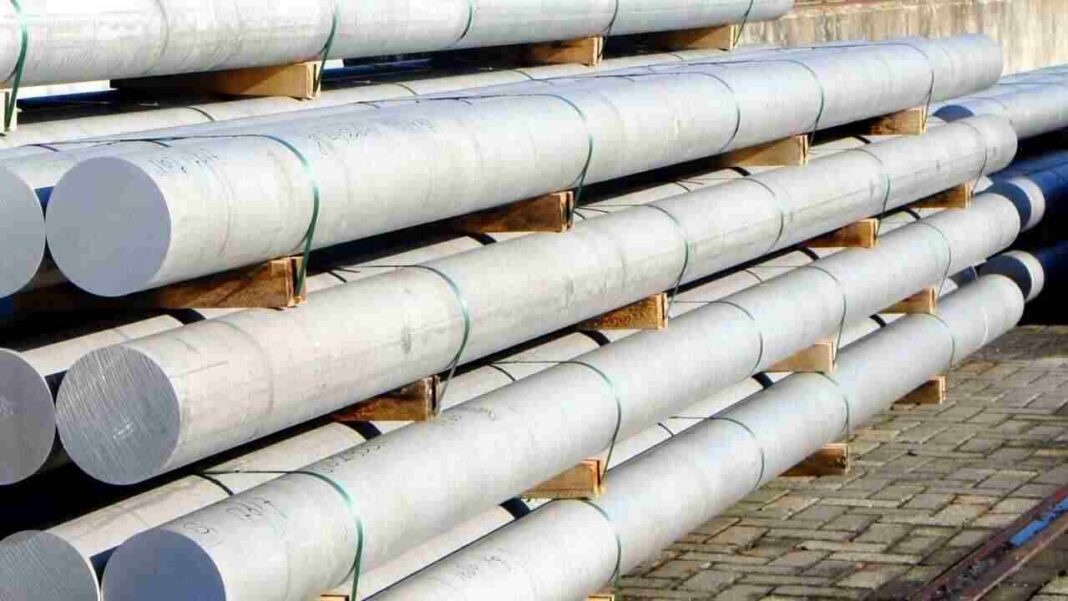The aluminium industry has been with us for centuries, with aluminium being the most abundant metal in the earth’s crust. But did you know that this highly versatile metal is not merely for airplanes? It’s also widely used in renewable energy, construction, and even sports equipment.
Considering aluminium is recyclable, strong, lightweight, and energy-efficient, it is easy to see why the demand for skilled professionals in the aluminium industry is high and stable. As the world population grows, urbanizes, and industrializes, the demand for sustainable and lightweight materials continues to soar.
But with so many options available in the industry today, how do you choose a career path that’s right for you? Let’s find out below:
Is Aluminium a Good Career Path?
Looking for an exciting and sustainable career path? Then you should consider the aluminium industry. Actually, you can now choose to work for an aluminium supplier Singapore. Keep in mind aluminium is a valuable and renewable resource with a host of benefits.
For starters, aluminium is a primer example of a circular economy. That’s because aluminium is infinitely recyclable, making it a sustainable and eco-friendly option for businesses and consumers.
If this is not enough, the lightweight and energy-efficient properties of aluminium make it a popular option in industries such as transportation and construction. As demand for sustainable materials grows, the role of aluminium in meeting that demand is also set to grow.
Career Paths in the Aluminium Industry
There’s no denying that the aluminium industry offers a range of career paths, including engineering, manufacturing, operations, and sales. Engineering roles entail designing and improving aluminium products and processes, while manufacturing revolves around actually producing those products.
Things tend to be different with operations roles since they focus on the management and coordination of manufacturing processes, while sales roles involve selling aluminium products to customers. Be sure to keep this in mind before choosing to work at an aluminium supplier Singapore.
As we conclude, the education and training requirements for different roles in the industry vary. Some entry-level positions, such as machine operators, may require only a high school diploma and on-the-job training.
But most positions in the industry call for a bachelor’s degree in a relevant field, such as materials science, mechanical engineering, or industrial engineering. Some roles such as metallurgical engineering, may require a master’s or doctoral degree.


